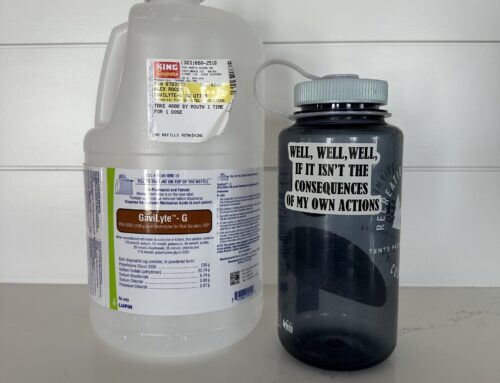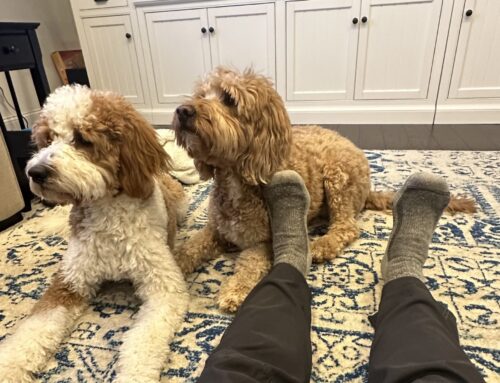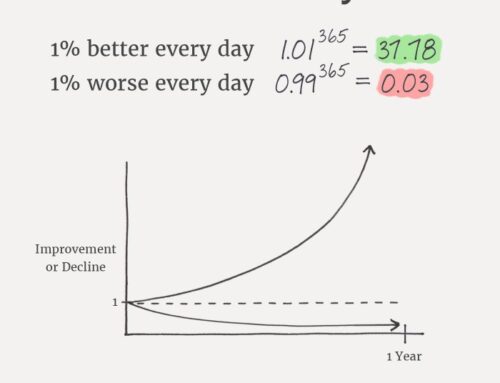
TN50#181_You CAN Improve Bone Density After The Age of 60_18 November_2024
Hi Team,
Unchangeable, change. In America we generally say that there are only 2 certainties: Death and Taxes. So why the BS AI results like the answer pictured above?
Happy Monday and welcome to The Next 50 #181. I like to think of personal performance in 3 components: physical, mental and emotional. My framework focuses on 4 Buckets: Eat, Sleep, Move and Think. This blog is my sandbox for sharing information that you might find useful for your personal performance.
According to the National Institute on Aging, more than 1 in 4 adults over the age of 65 fall each year; and as a father with boys ranging in age from 20 down to 12, I can tell you that I saw 2 of my boys fall hard, playing football, yesterday at least a dozen times each. So, one in four, once a year… Who cares. Right?
Well the 65 and older adults care, for sure, because they don’t bounce like my sons do. They kind of thud, like a sack of potatoes hitting the ground, and the risk of breaking or fracturing a bone is high. So why is that? Why can my boys literally smash each other on the ground multiple times in a 60-minute period and bounce up and older adults hit the ground once a year and fracture their hip?
The simple answer is, because getting old sucks!
The more complicated answer has to do with how our: muscles, central nerves system and bones change as we get older and even this is a broad over-simplification.
For today we’ll focus on the bones!
What do you know about bones? Is the limit of your knowledge something like, “My bones grew till I was about 20, then I stopped growing so I guess they stop growing and now they support me doing what I do – The End” (best to read this with a slow, little bit southern, accent).
Here’s a short google list to enhance your current knowledge on what bones do:
- Support and protection: Bones provide a strong framework that supports the body and protects vital organs like the brain, heart, and lungs.
- Movement: Bones work with muscles to help the body move, stand, walk, and run.
- Blood cell production: Bone marrow, a jelly-like material found in the center of some bones, produces and stores blood cells.
- Mineral storage: Bones store minerals like calcium and phosphorus and release them when the body needs them.
- Energy storage: Some bones, like those in the legs, store fat that can be released when the body needs energy.
- Vitamin D storage: Bones store vitamin D, which can be released when the body needs it.
- Hormone release: Bones release factors into the blood that help soft organs like the kidneys function normally.
Here’s another interesting bit of information, our bones are constantly regenerating (remodeling) to the point of being completely new about every 10 years. So it stands to reason that replacing old not-so-healthy bone bits with new much-more-healthy bone bits will make for healthier bone. Does this make sense?
And here’s a short list on how to do that:
- EAT Better: Bones need certain nutrients, make sure you are getting plenty of those nutrients, including supplements as necessary.
- SLEEP Better: The bone remodeling, I mentioned above, mostly happens when you sleep, better sleep = better bone remodeling.
- MOVE Better: Increase physical activity, especially load bearing exercise.
- THINK Better: Meaning reduce stress. Stress (AKA – over activation of the sympathetic nervous system) can negatively impact bone health.
- Stop Smoking: duh!
- Reduce Alcohol: dang!
At this point of the blog, if you know more about bones than you ever have in the past – you’re welcome. AND if you plan on making a go of being an adult who reaches their seventh decade plus or care about other people in your life, I’d like to offer you the opportunity to go deep on bones and how to keep them healthy at every age. You’ll learn things for your kids, your grandkids, your friends, your spouse, your parents and your grandparents.
Enjoy: https://peterattiamd.com/belindabeck/
Bottom Line: It’s never too late, or too early to take action on healthy bones! Let’s GO!
This is a long podcast so you can also check out Dr. Beck’s website, here. The case studies with post-menopausal women improving bone density during 8-month long studies is pretty cool!
Who do you know that could use this information? I bet you can think of a couple of people before you click the next email, please share the post with your team and anyone who might find it useful and let me know what you think!
Have a good one,
Alex
PS. What’s your biggest problem when it comes to personal performance? If you describe it to me, I WILL reply, and it may become a future blog that helps a whole bunch of folks! Lemme know: alex@fpp.llc
PPS. If you’re new to First Principles Performance Coaching, here’s a one stop shop for all my stuff.
PPPS. Ready to perform at a whole new level? Email me so I can introduce you to my new BBP Coaching opportunities! alex@fpp.llc



